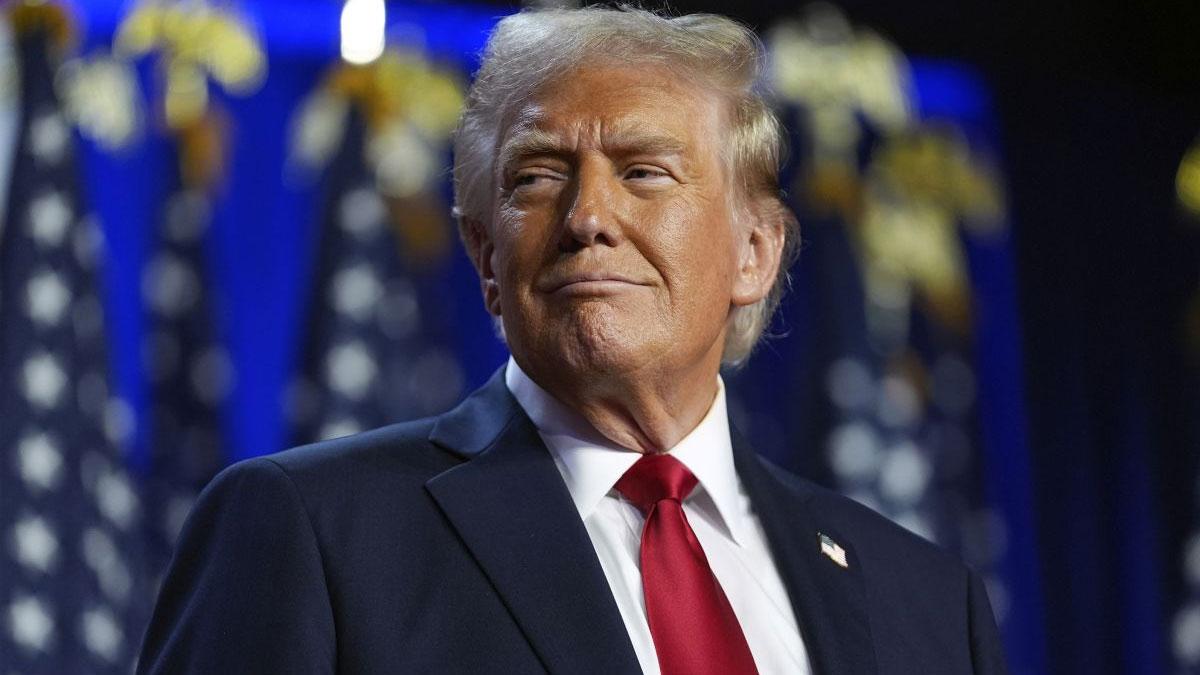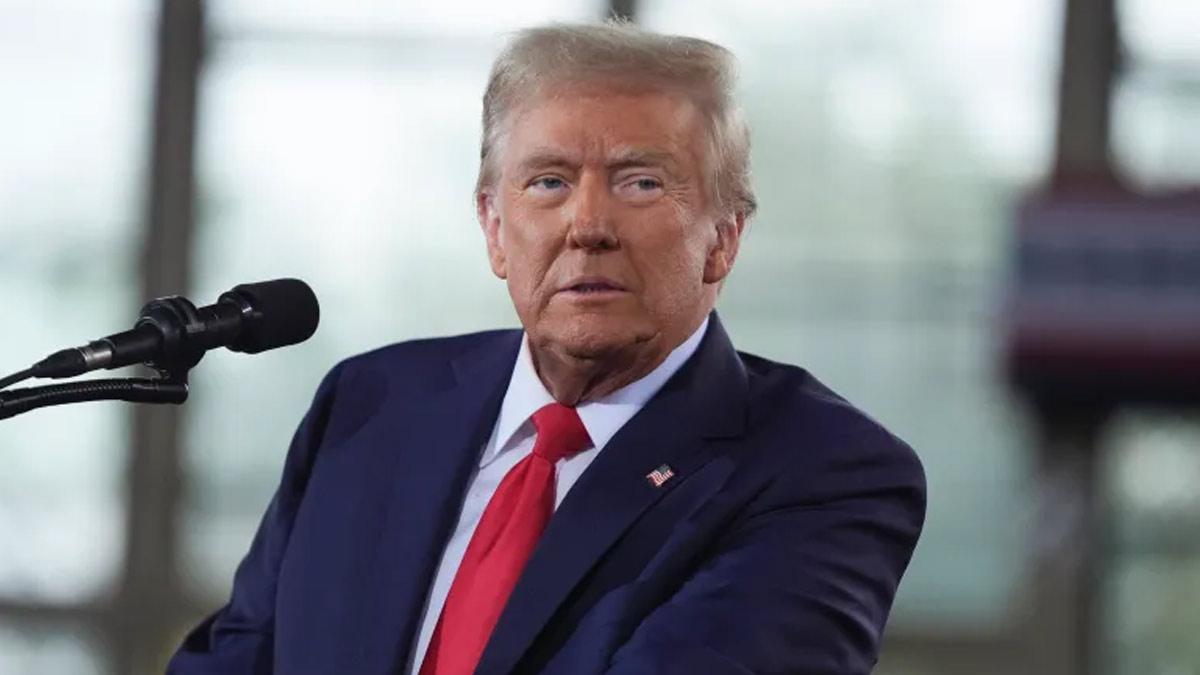US President Donald Trump reaffirmed his hardline position on tariffs, saying that although he would consider flexibility, the new tariffs imposed by his administration on imports would largely be "reciprocal."
During a recent press conference, Trump explained that beginning April 2, the US would impose reciprocal country-specific tariffs. The tariffs would be specifically designed to meet different factors like the tariff and non-tariff barriers of the trading partners, exchange rates, and discriminatory trade practices.
"The word, flexibility, is an important word. There will be flexibility, but basically, it's reciprocal," Trump told Yonhap news agency.
When questioned about possible exceptions to the tariffs, Trump was unequivocal, "Once you do that for one, you have to do that for all."
The president went on to express his anger at what he sees as unfair trade practices, stating that the US has been "ripped off" by both friends and foes alike, including on defense issues. "We have been cheated by every nation in the world, both friend and enemy. We've been cheated on trade. We've been cheated on military," Trump claimed. "We defend people, and they do nothing for us. It's so unfair for years and years. And now some of that money is going to be coming back to us in terms of tariffs."
Trump has been outspoken in criticizing South Korea, most notably on the issue of trade. During a speech to Congress last month, he cited that South Korea's average tariff is four times greater than the US's, while also highlighting the US's military defense of South Korea. South Korea's average MFN tariff on its most-favoured-nation countries is around 13.4%, while the US has 3.3%. But this rate does not extend to nations with free trade agreements (FTAs) with South Korea.
South Korea has been increasing talks with Washington in response, asking for tariff exemptions or at least that South Korean companies will not be disadvantaged by these new policies.
Trump also spoke to those searching for methods to skirt the new tariffs, implying, "How do you avoid paying the tariffs? You build your plant in the United States."
Read also| PhysicsWallah Submits Draft IPO Papers to SEBI via Confidential Route


















